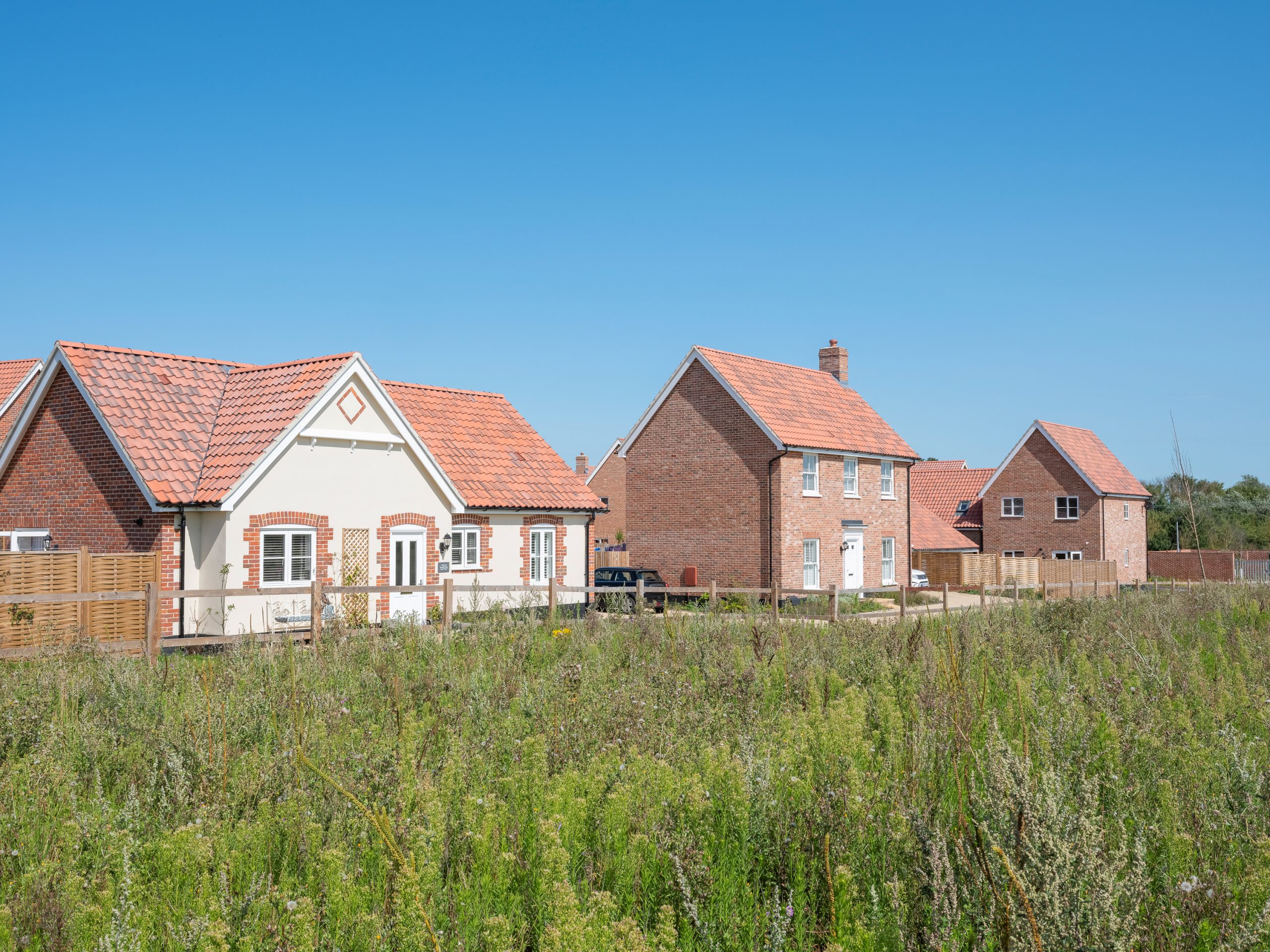How Much Do Solar Panels Cost?
Solar panels are an excellent way to generate electricity for homes and businesses while also reducing your carbon footprint. Although the initial cost might seem high, investing in a solar panel system is a long-term investment that can offer significant benefits.
The government has eliminated the VAT (Value Added Tax) on solar panel purchases until March 2027, potentially saving the average UK household more than £1,000 in overall installation expenses.
Let’s take a closer look at the cost of solar panels in the UK, the factors that can impact the price, and the benefits of investing in solar energy.

What is the Average Cost of Solar Panels?
In the UK, the average cost of a 350-watt solar panel ranges from £150 to £300. A commonly installed solar system is a 3.5 kilowatt-peak (kWp) setup.
According to the Energy Saving Trust, a typical 3.5kW solar panel system, requiring approximately 10 solar panels at 350 watts each, is priced at around £7,000.
Estimating solar panel costs involves complex calculations. The Energy Saving Trust suggests that installing solar panels could lead to potential savings of up to £465 annually on your energy bills, based on the current Energy Price Guarantee.
What Determines the Price of Solar Panels?
A solar panel system’s cost will depend on several factors, including the size of the system, the quality of the panels, the type of installation, and the location of the property.
The two primary categories of solar panel systems are solar photovoltaic (PV) and solar thermal systems.
Solar PV systems generate electricity using solar panels, while solar thermal systems generate a thermal output for space and water heating.
Solar PV systems are more commonly used in the UK, so let’s focus on these.
System Size
The size of your solar panel system will depend on your energy requirements. A larger system will require more solar panels, which will result in a higher cost.
Therefore, to estimate the cost of your solar system installation, you must determine your energy usage requirement. A qualified solar panel installer can help you determine the appropriate system size for your home or business.
Quality
The quality and brand of solar panels will affect the installation’s overall cost. Higher-quality panels tend to be more durable, resulting in long-term efficiency. However, these panels often come with a higher price tag.
Inverter and Installation
A solar panel system requires an inverter to convert the DC electricity generated by the panels into the AC electricity used in homes.
The installation of the system may also affect the overall cost; a professional solar panel installer may charge more for installation services, but this guarantees a system is installed correctly and connected to the grid.
Location
The location of your home in the UK plays a crucial role in the amount of electricity your solar panel system can generate.
While solar panels generate electricity even on cloudy days, they perform best in sunny conditions. Areas with higher sunlight levels generate more energy. The amount of energy generated will affect the size of the system needed, and therefore the cost.

How Do Solar Panels Work?
Solar panels work by absorbing sunlight through specialised cells that convert photons into electric current. This direct current (DC) electricity is then transformed into the alternating current (AC) used in homes by an inverter.
The generated electricity can power your household devices, and surplus energy can either be exported to the grid or stored in batteries for later use.
This process allows homeowners to reduce their reliance on fossil fuels, lower energy costs, and contribute to a cleaner environment.
Are There Any Schemes to Help Pay for Solar Panels?
Yes, in the UK, there are several schemes and incentives aimed at helping homeowners and businesses pay for solar systems and promote the adoption of renewable energy. Here are some of the key schemes:
Smart Export Guarantee (SEG)
The SEG is the successor to the FiT scheme. It ensures that homeowners with solar panels receive payments for excess electricity they export to the grid. Energy suppliers offer different tariffs under the SEG, and homeowners can choose the one that suits them best.
Green Homes Grant
This grant focuses on energy efficiency improvements but can indirectly benefit solar panel installations. By improving your home’s energy efficiency, you can reduce your energy consumption, making your solar panels even more cost-effective.
Local Authority Schemes
Some local councils offer grants, incentives, or discounts for solar panel installations as part of their efforts to promote renewable energy adoption. It’s worth checking with your local authority for any available programs.
Energy Company Initiatives
Some energy companies offer incentives or financing options for solar panel installations. These programs may include discounts on installation costs or special tariffs for solar panel users.
These schemes aim to make solar system installations more accessible and financially attractive for homeowners and businesses in the UK, promoting the adoption of renewable energy.

Conclusion – Are Solar Panels Worth It?
The cost of solar systems in the UK is dependent on several factors, including system size, quality of the panels, installation, location, and government incentives.
Investing in solar panels is a great way to generate electricity, reduce energy bills, lower your carbon footprint, and increase home value.
To determine the perfect solar panel system for your home or business, we recommend consulting a professional solar panel installer.